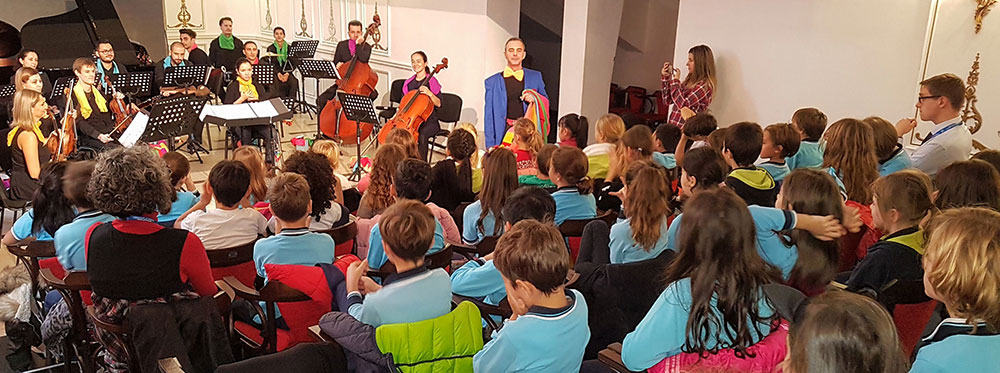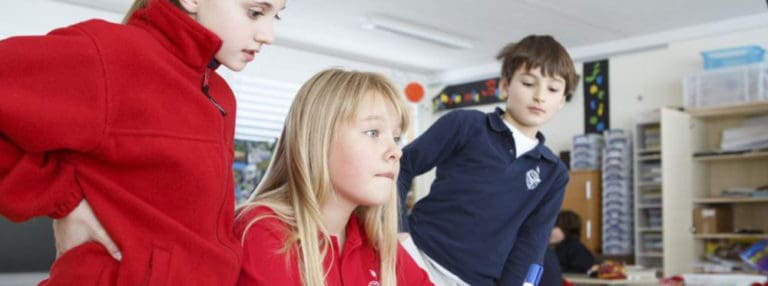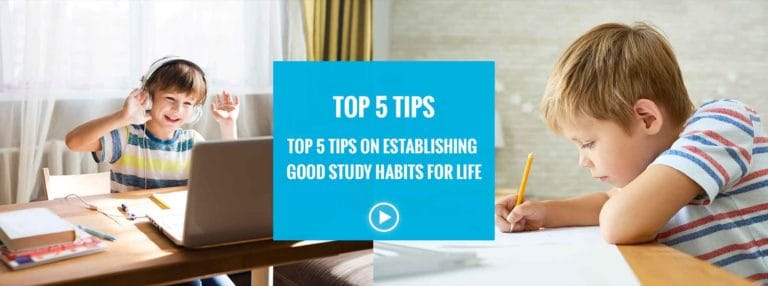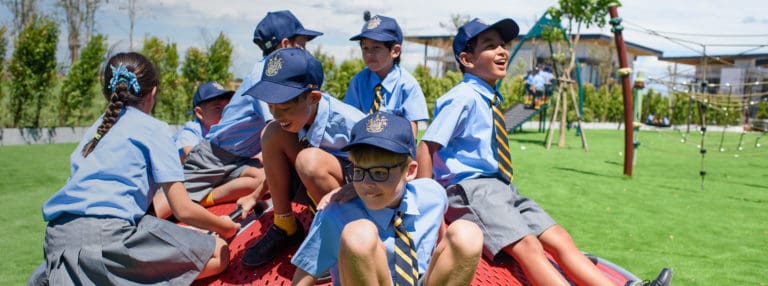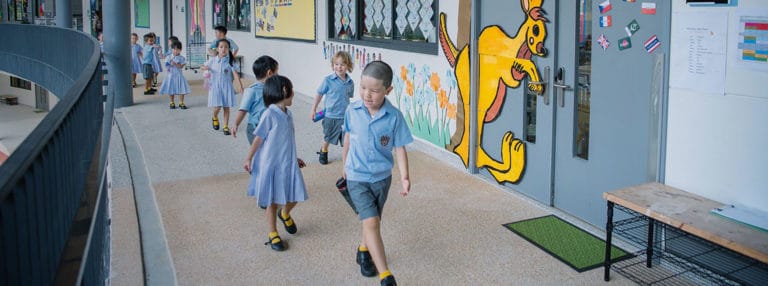Learning should not just be about sitting in a classroom with a head in a book. We have a whole world out there which can give new experiences and shape the personality of each individual child.
‘Learning outside the classroom is a tool for teaching and learning which has been proven to raise attainment and achievement, improve behaviour and improve the engagement of all groups of pupils, including those who are hard to engage inside the classroom environment’-(lotc.org.uk)
In Year 4, and of course throughout the whole of ISB, we try to offer a range of learning experiences for exactly these reasons. It is a pleasure to see a child who lacks motivation when writing to suddenly become excited by a practical Science experiment or simply trying something new.
Year 4 have just enjoyed a trip to the Children’s Opera, in line with our Science unit, ‘Sound’. Everything we had discussed in class, from volume, to pitch, to how instruments work was brought to life by a full orchestra – something far more exciting than we could have ever done in class. Soon, they will enjoy a trip to Knowledge Town to explore States of Matter in a practical way.
Of course, learning outside of the classroom can take place much closer to home too. Having such a large campus and park nearby, we can use these to our advantage. Last year, we enjoyed a mini beast hunt in Pantelimon Park and experienced the use of surveying equipment.
In the Summer Term, all year groups throughout Key Stage 2 will head off on their residential trips – something the children are excited about all year long. These range from one night away from home in Year 3 to four nights in Year 6, all sharing the same objectives. These trips encourage a bond between the children and teachers alike through shared experiences, away from the pressures of the classroom. Independence is promoted as the children keep their rooms and belongings organised and work together to support each other away from home comforts. Finally, we often see new friendships blossom as the children spend time with others in the year group.
How can you help at home?
‘The most meaningful learning occurs through acquiring knowledge and skills through real-life, practical or hands-on activities.’ (lotc.org.uk)
Why not practise measuring and time through cooking and baking or experiencing the use of money through the weekly shop? You could encourage sentence structure and the use of interesting vocabulary by creating scrapbooks and photo albums. Perhaps the most enjoyable way of learning would be for you and your child to spend time outdoors, discussing the world around you.
Whatever your preference, make it fun and the children will learn without even realising it!
Article by Ms Vicky Clarke, Year 4 Leader.
